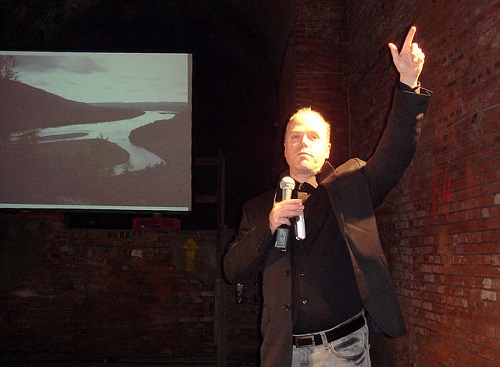Difference Between Lecturer And Professor
Teaching is the one profession that creates all other professions.
Much has been said about the role of a teacher in one’s life. We learn from different people at different stages of our life. Starting from the womb, learning goes on till the day one dies. Mother is said to be the first teacher. Then come the school teachers who play an important role in the student’s life. Those who go on to college studies are influenced by their lecturers and professors. All said and done, the best teachers teach from the heart not from the book.
What’s in a name?
In schools we only have teachers. However, when a student comes to college or university, he is confronted by teachers called lecturer and professors. There is often confusion between the post of lecturer and a professor. Why two names for the same job? Are they the same and can they be used interchangeably? Is there any difference at all between the two? Yes, there is. Both are academics professionally teaching in colleges and universities. While ostensibly both the terms are used to refer to teachers teaching in colleges and universities, there is quite a difference in role, qualification, expectations, remuneration and facilities.
Lecturing from the lectern
At the entry level of college and University teaching profession, lies the lecturer. Anyone wanting to pursue a career in college teaching starts off as a lecturer. He is a starter teacher and may or may not have high academic qualifications. A lecturer is usually a temporary employee of the college and can be hired as a part timer or can be a contractual employee with a contract ranging from a term to a year. Very rarely, one finds a lecturer with a contract for a longer period – even up to five years. A lecturer is basically given only teaching work and has a large teaching load. He normally teaches freshman and sophomore students. A lecturer is given negligible or almost no research responsibilities.
Professing his expertise
At the top of the college teaching pyramid is the professor. He has a doctorate in his subject of specialization and has many years of teaching experience. A professor has done a lot of research and has written many papers or books. In addition to his teaching work, he is assigned as a guide to students pursuing their PhD and may also be asked to take on administrative responsibility. This is a permanent position as the professor has tenure. Professors do very limited teaching work per se and depend a lot on the lecturers to complete the courses, correct term papers and tests.
The way up the ladder
So can a lecturer become a professor? Is there light at the end of the tunnel? Maybe, but not often. A lecturer starts off teaching the undergraduate courses in college. As he works up experience he may get a chance to move up to the post of senior lecturer and reader. If he does opt for research along with teaching and completes his PhD, he can become an assistant professor, but does not invite tenure. After maybe a stint as assistant professor for five to seven years, he may get promoted as an associate professor. Here he may or may not get a tenured position. But staying put at the job and continuing for a few years more he may reap rich dividends and be awarded tenure. It is seen however, that lecturers have the lion’s share of the work even though their names may not figure on the course brochure.
However, many lecturers remain as senior lecturers even after many years of experience in teaching under graduate students. They are called non ladder faculty, that means they are not on the tenure track. This may be for many reasons. First being non completion of requisite doctorate and the next being lack of experience in doing research oriented work. Sometimes even a lecturer who is well qualified and has the experience in teaching may not get tenure and become a professor as there may be a long line of hopefuls waiting for the permanent placement.
A good teacher can inspire hope, ignite the imagination, and instil a love of learning. – Brad Henry
- Difference Between First Person And Third Person - February 24, 2016
- Difference Between Lecturer And Professor - February 3, 2016
- The Difference between Pidgin and Lingua Franca - December 3, 2015
Search DifferenceBetween.net :
 Email This Post
: If you like this article or our site. Please spread the word. Share it with your friends/family.
Email This Post
: If you like this article or our site. Please spread the word. Share it with your friends/family.
Leave a Response
References :
[0]http://academia.stackexchange.com/questions/8246/how-do-lecturers-differ-from-professors-in-large-universities
[1]http://professor-kannan.blogspot.in/2010/08/professor-vs-lecturer.html
[2]http://www.thecrimson.com/article/2011/12/5/tenure-faculty-lecturers/
[3]https://www.michigandaily.com/content/lecturers-vs-professors-comparing-their-duties
[4]https://commons.wikimedia.org/wiki/File:Lecturer_berlin.jpg


